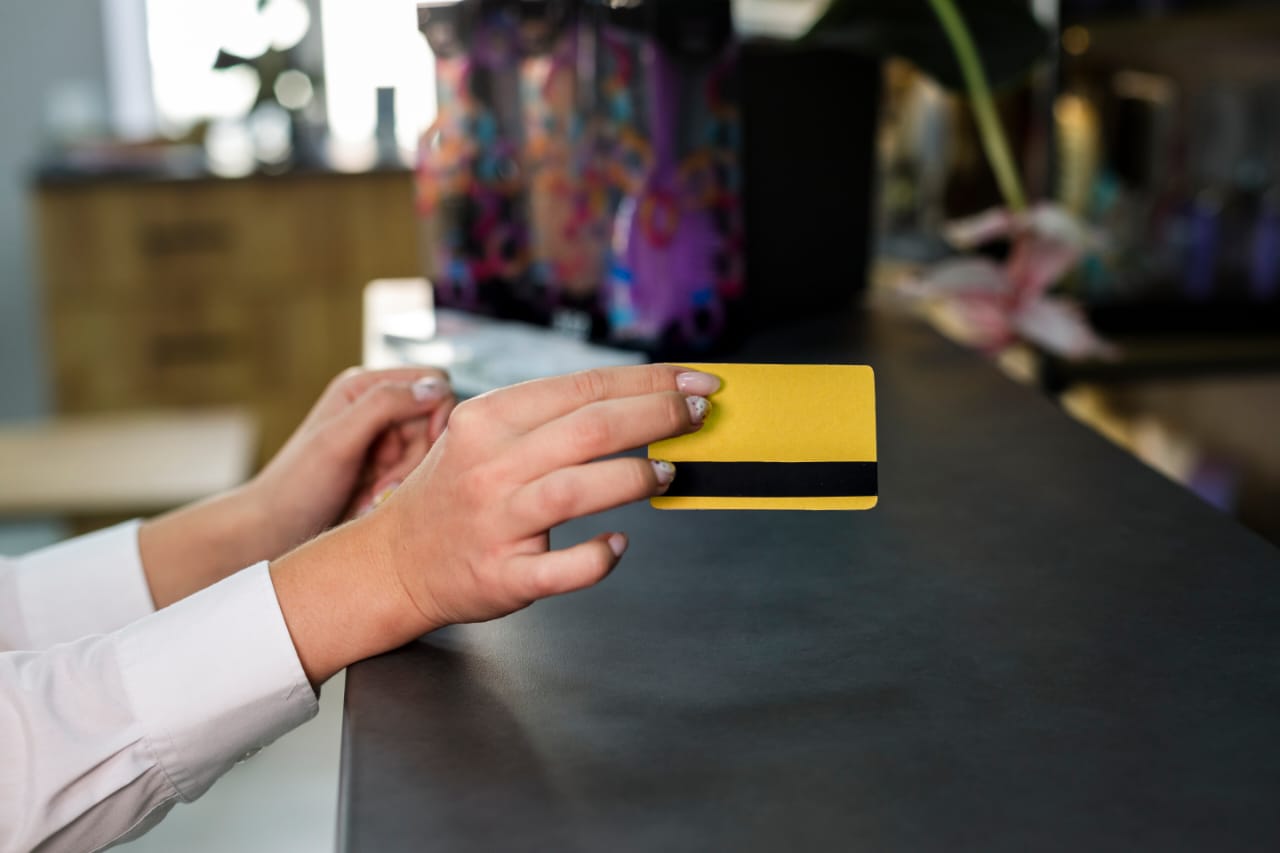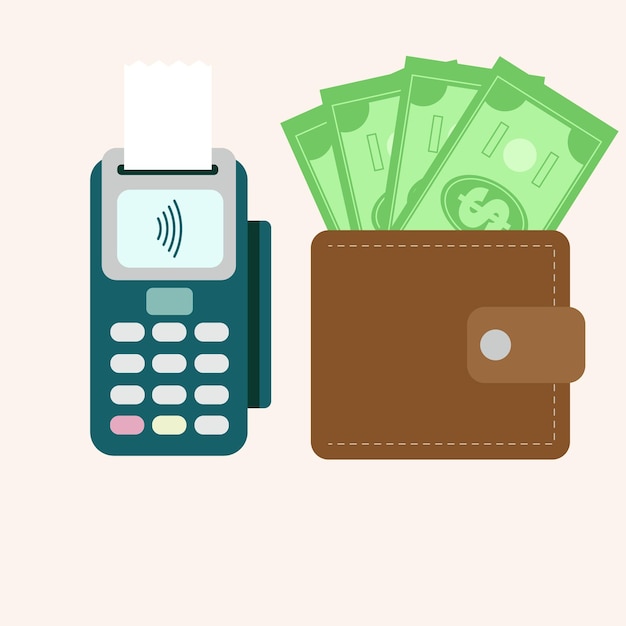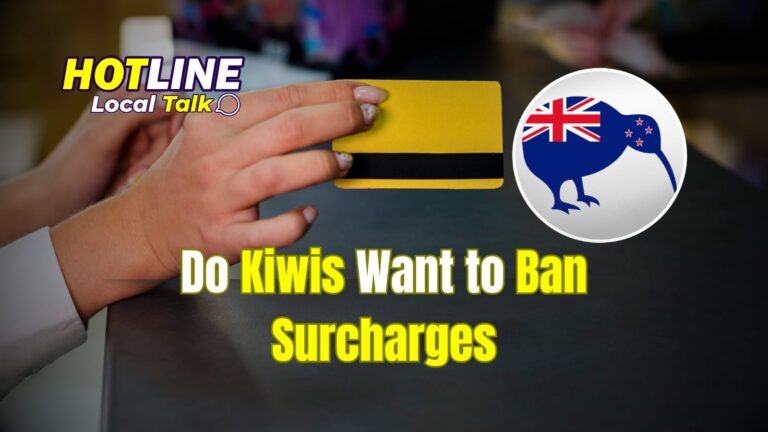Across New Zealand, and particularly in Wellington, the debate over surcharges is heating up. These extra charges on services – ranging from hospitality to credit card transactions – have many consumers asking if it’s time to end the practice altogether. Surcharges are typically used to cover rising costs, but as Kiwis find them on more receipts, frustration is growing. Here, we explore the views of Wellingtonians and New Zealanders on the issue, weighing the perspectives of both customers and businesses.
What Are Surcharges, and Why Are They Applied?
Surcharges are additional fees added to a bill, often for public holiday service, credit card transactions, or to cover increasing wages. Wellington’s restaurants, cafes, and retailers regularly apply these charges, claiming they’re necessary to manage higher operational costs.
Picture source: freepik
While some consumers understand the need for these fees, others argue they’re unfair and believe that businesses should instead adjust their standard prices.
Public Opinions in Wellington: Are Kiwis Getting Fed Up?
The growing presence of surcharges in Wellington’s hospitality and retail scenes has sparked strong opinions. A recent survey by Consumer NZ found that 60% of New Zealanders actively avoid businesses that add frequent surcharges. Many consumers feel blindsided by these fees, especially during the weekend or on public holidays, when they’re just looking to relax.
Picture source: Shutterstock
As one Wellington resident put it, “We already pay more for everything. Adding on surcharges feels like an unnecessary burden. Businesses should be upfront with their prices.”
Why Many Businesses Rely on Surcharges
While customers may dislike surcharges, many businesses argue that they’re essential. For Wellington cafes, bars, and shops, managing holiday staffing costs can be challenging without charging extra. Some owners also point to rising wages and product costs, which they say are impossible to absorb entirely without passing some on to consumers.
A Wellington café owner explained, “If we didn’t use surcharges, we’d struggle to operate, especially during peak holiday times. It’s a necessary part of staying open.”
Card Surcharges: A Hidden Cost?
Besides hospitality, card payment surcharges are also stirring debate. Many businesses now apply an additional fee for credit card transactions to cover bank charges. However, customers argue that these charges should be absorbed as a cost of doing business. In some cases, Kiwis feel these fees aren’t well-advertised, leading to unexpected costs at checkout.
Picture source: Adobe stock
According to the survey, nearly half of consumers report being put off by card surcharges. As one shopper noted, “It feels unfair to pay extra just to use my card. Cashless payments are the future, so why make them harder?”
The Call for a Surcharge Ban
Increasingly, many New Zealanders want a full ban on surcharges. They argue that in a competitive market, businesses should factor costs into their prices instead of surprising customers with additional fees. Wellingtonians, in particular, have voiced that transparent, all-inclusive pricing would improve trust between businesses and consumers.
Picture source: freepik
In some countries, such as the United States, limits are placed on surcharge practices, and many New Zealanders feel their own policies should follow suit. In a recent public poll, 55% of Kiwis said they’d support a government-led surcharge ban.
The Business Argument: Is a Ban Feasible?
While a ban might seem like a solution, businesses argue that it’s not so simple. Without surcharges, many would need to increase their standard prices to cover high operational costs. Hospitality owners in Wellington caution that a ban could drive some small businesses into financial strain or even closure.
Picture source: Shutterstock
One Wellington restaurant owner pointed out, “If surcharges were banned, we’d have to rethink everything. The costs would be passed on in other ways, which may not be better for customers.”
Possible Middle Ground Solutions
Given the division on the issue, some suggest a middle-ground approach. For example, businesses could limit surcharges to specific days, such as Christmas, when costs are truly high. Others advocate for better transparency, suggesting that businesses clearly display any surcharges on menus and at checkouts so customers aren’t caught off guard.
Another potential solution could involve government policies that regulate surcharge rates or offer support to small businesses during peak holiday periods. This way, businesses stay supported, and customers feel respected.
Is a Surcharge-Free Future Possible?
The surcharge debate has highlighted the fine balance between fair customer pricing and business sustainability. While many Wellingtonians hope for change, businesses face real financial challenges that must also be considered. For now, surcharges seem here to stay, but with ongoing dialogue, Kiwis may find a solution that benefits both sides.
Only time will tell if a future without surcharges is possible, but in the meantime, Wellingtonians and businesses alike continue to watch the issue closely.
CONTRIBUTE
Have stories, yarns, mad scoops, or community news to share. We often pay for awesome content and life shattering stories. What have you witnessed?


